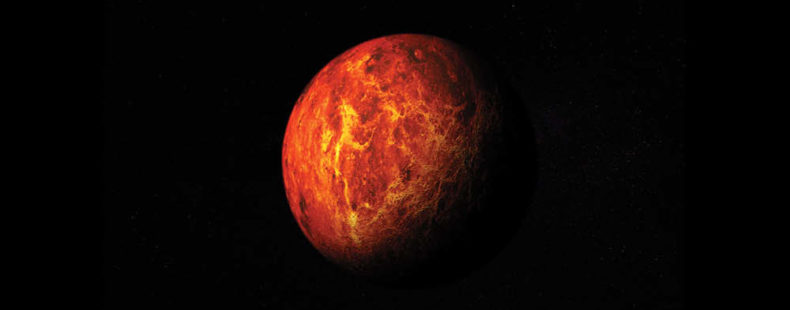Mars, the fourth planet from the sun, is our neighbor, and it has long captivated the human mind and spirit. Think of Martians, a go-to word for extraterrestrial life since science-fiction imagined inhabitants there in the late 19th century.
But, how did Mars it get its name?
Who is the mythological Mars?
The planet Mars is named after the Roman god of war, Mars, considered second only to Jupiter and protector of Rome. In Roman mythology, Mars is often considered the child of Jupiter and Juno, and the father of Rome’s founding twins, Romulus and Remus.
It’s possible that Mars started off as a native Italian deity associated with agriculture, but gradually he became identified with the Greek god Ares, who, unlike Mars, personified not simply war but also the brutality of war. The month of March, or Martius in Latin, is Mars’s namesake.
Why is the planet named for Mars?
The planets Mercury, Venus, Mars, Jupiter, and Saturn were known to the ancients, who variously named them after gods and goddesses. Mars is visibly reddish, which apparently suggested to the Babylonians Nergal, a god of war and fire.
The Greeks likely adapted this Babylonian nomenclature, calling the planet Pyroeis (Greek for “fiery”; think pyro), identified with Ares. The Romans then adapted the Greek names to their own pantheon, naming the fourth planet after their god of war, Mars.
Europeans continued the Roman names, using the names of Roman deities in the discovery of new planets, such as Neptune and Uranus as well as the dwarf planet Pluto.
Associations of war, anger, and brightness with the redness of Mars is clear, but the reason Mars is red may not be. Iron oxide (think of rust), is present on much of the surface, which creates its ruddy look.














